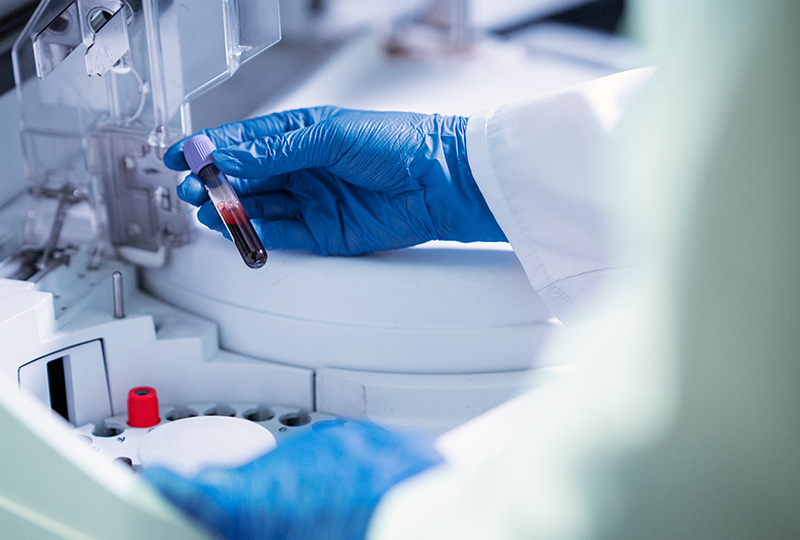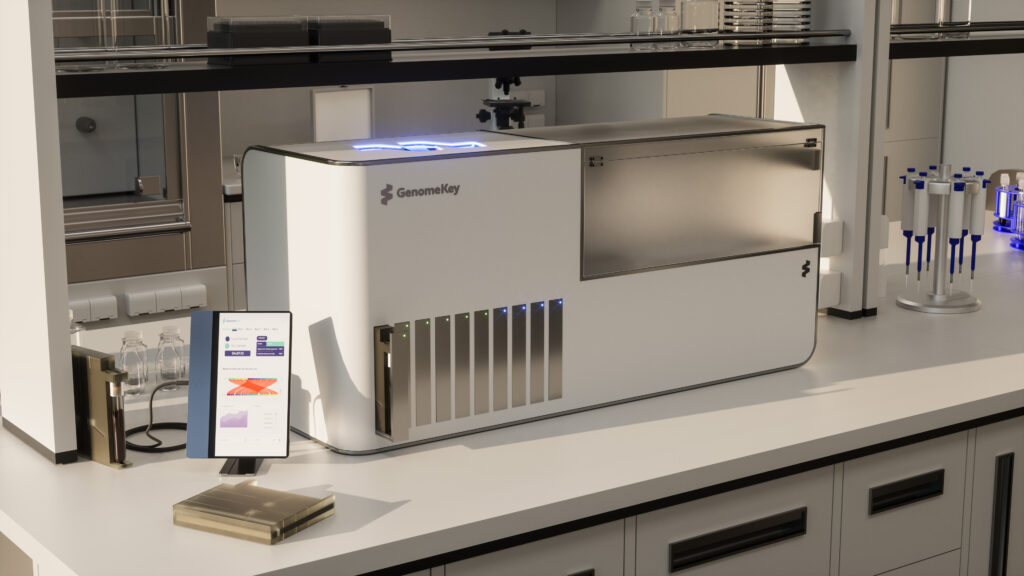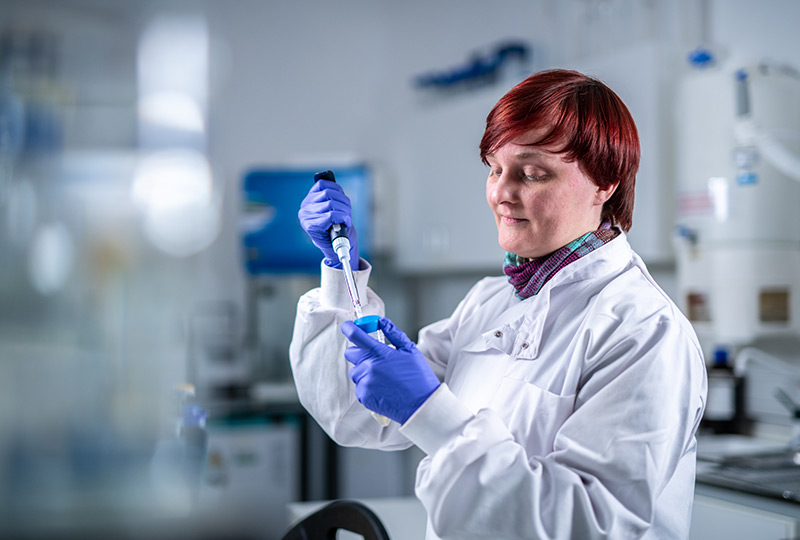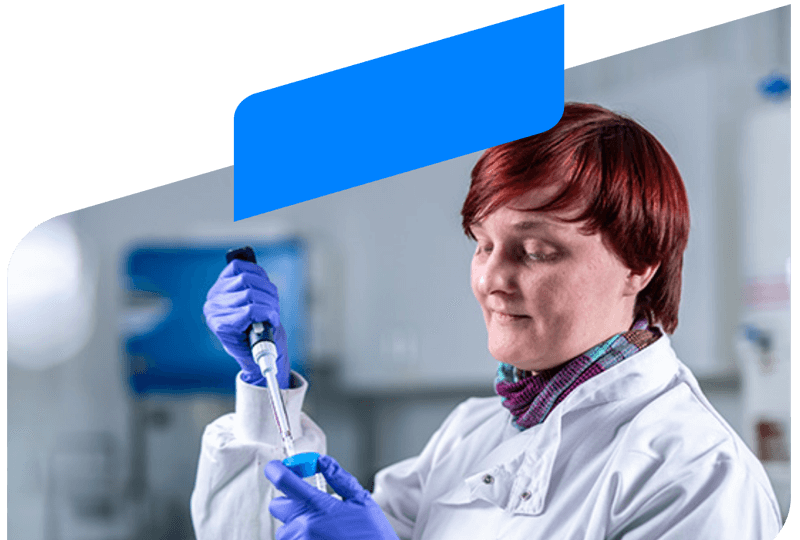
Insights
GenomeKey awarded US$11.4M from global non-profit CARB-X
GenomeKey is developing a next-generation in vitro diagnostic device that’s set to become the new standard for bacterial identification. The device will be able to detect and identify bacteria directly from patient blood, delivering a...

















